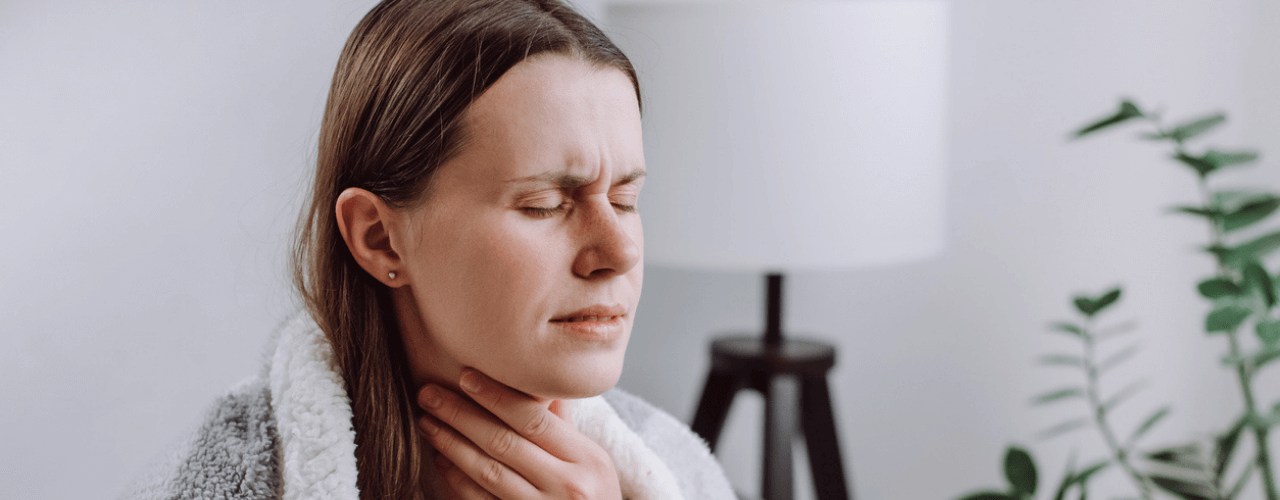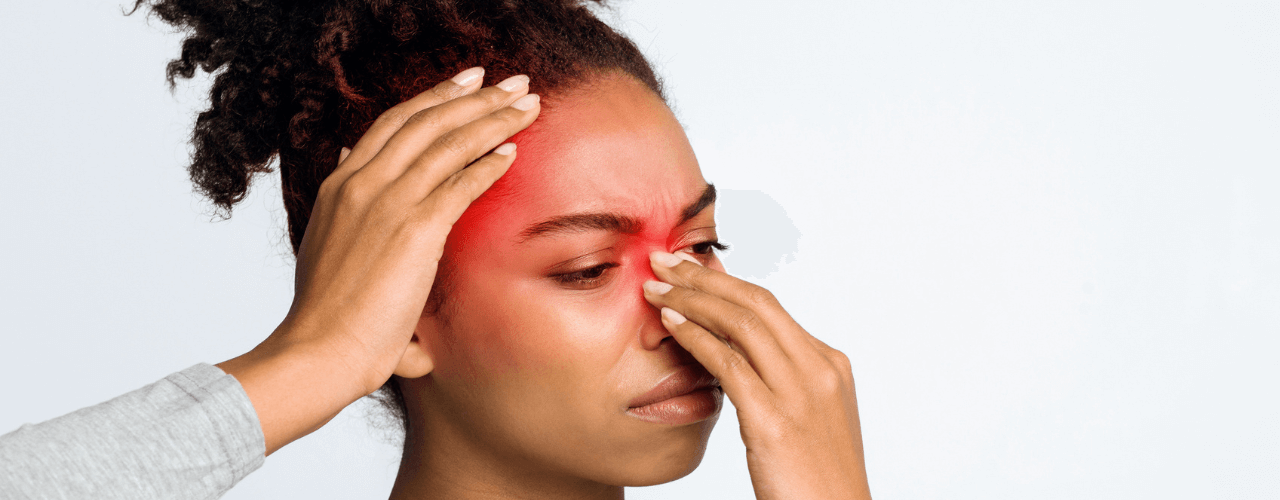Itching Ears: Common Causes and Remedies
Itching ears can be a frustrating and distracting problem, often leading to discomfort and the urge to scratch. While occasional itching may be harmless, persistent or severe symptoms could indicate an underlying issue. Understanding the potential causes and available remedies can help you find relief and protect your ear health.
What Causes Itching Ears?
Itching ears can result from various conditions, ranging from minor irritations to more significant medical concerns. Common causes include:
1. Dry Skin
The skin inside the ear is delicate and prone to drying out, especially in colder weather or due to excessive cleaning. Dryness can lead to itching and flaky skin, making it important to maintain proper hydration and moisturisation.
2. Earwax Build-up or Removal
Earwax plays an essential role in protecting and lubricating the ear canal. However, excessive earwax can cause itching and discomfort, particularly if it hardens or blocks the canal. Over-cleaning or using cotton buds can exacerbate the problem by pushing wax deeper into the ear or removing natural oils that keep the ear moisturised.
3. Allergic Reactions
Allergic reactions to everyday products like hair sprays, shampoos, jewellery, or earplugs can irritate the skin around the ears. These reactions may present as redness, swelling, or itching, with nickel, latex, and certain fragrances being common culprits.
4. Infections
Outer ear infections (otitis externa), often referred to as "swimmer’s ear," can cause itching along with pain and discharge. Middle ear infections, while more commonly associated with children, may also result in itching as the ear reacts to inflammation and fluid build-up.
5. Skin Conditions
Chronic skin conditions such as eczema, psoriasis, or seborrheic dermatitis can affect the ears. These conditions may cause itching, redness, and scaling, sometimes spreading to the ear canal.
6. Foreign Objects or Irritants
Small objects, insects, or irritants like water or shampoo trapped in the ear can trigger itching. Prolonged exposure to these irritants can also lead to inflammation or infection.
7. Hearing Aids or Ear Devices
Hearing aids, earbuds, or earplugs that don’t fit properly or are not cleaned regularly can irritate the ear canal. This irritation often results in itching and may lead to secondary infections if left unaddressed.
Remedies for Itching Ears
The best remedy for itching ears depends on the underlying cause. If symptoms are mild, you can try these practical tips at home:
1. Avoid Over-Cleaning
Resist the urge to use cotton buds or other objects to clean your ears, as this can worsen irritation or push wax further into the canal. The ear is self-cleaning, and gentle washing of the outer ear with a damp cloth is usually sufficient.
2. Use Moisturisers
For dry skin, applying a gentle, fragrance-free moisturiser or specialised ear oil to the outer ear may help. Avoid putting creams or oils inside the ear canal unless specifically directed by a healthcare professional.
3. Manage Allergens
If an allergic reaction is suspected, identifying and avoiding the offending product is crucial. Switching to hypoallergenic jewellery, earplugs, or hair products can reduce irritation.
4. Try Warm Compresses
Applying a warm, damp cloth to the ear can soothe irritation and reduce itching caused by dryness or minor infections. This simple remedy can also help improve circulation in the area, promoting faster healing.
5. Use Over-the-Counter Drops
Ear drops designed to soften wax or address minor itching can be effective. Look for products that include soothing agents, and always follow the instructions provided.
6. Maintain Ear Device Hygiene
Regularly clean hearing aids, earbuds, or earplugs to prevent the build-up of bacteria and irritants. Ensuring proper fit can also minimise friction and reduce the risk of itching.
When to See a Doctor
While many causes of itching ears can be managed at home, there are situations where medical advice is necessary. You should consult a specialist if:
- The itching persists or worsens despite home remedies.
- You notice ear pain, discharge, or hearing loss.
- There is swelling, redness, or crusting around the ear.
- You suspect an infection or have underlying conditions such as eczema or psoriasis affecting the ear.
A doctor can conduct a thorough examination to identify the root cause, whether it’s an infection, excessive wax build-up, or another issue. Professional treatments may include prescription ear drops, ear cleaning, or medications to address specific conditions.
Preventing Itching Ears
Preventative measures can reduce the risk of itching and promote overall ear health. Consider the following:
- Avoid inserting objects like cotton buds into the ear canal, as they can cause damage or worsen wax build-up.
- Keep hearing aids, earbuds, and earplugs clean and dry to prevent bacterial growth.
- Gently dry your ears after swimming or showering to prevent moisture build-up, which can lead to infections.
- Manage skin conditions such as eczema or psoriasis with prescribed treatments to minimise flare-ups in and around the ears.
- Use hypoallergenic products to reduce the risk of allergic reactions.
By taking these simple precautions, you can maintain healthy ears and reduce the likelihood of discomfort.
Myths About Itching Ears
There are several misconceptions about itchy ears that can lead to improper care or delayed treatment. Understanding the facts can help you make informed decisions:
- Myth: Earwax is bad and should be removed frequently.
Fact: Earwax protects the ear by trapping dirt and bacteria. Over-cleaning can cause irritation and lead to more problems. - Myth: Scratching the ear relieves itching.
Fact: Scratching often exacerbates the problem, causing further irritation or damage to the delicate skin of the ear canal. - Myth: Itching always means an infection.
Fact: While infections can cause itching, it’s not the only reason. Allergies, dryness, and skin conditions are common non-infectious causes.
Dispelling these myths ensures you take appropriate steps to address the issue without causing further harm.
Itching ears can range from a mild annoyance to a sign of an underlying issue. Identifying the cause and addressing it with the appropriate remedies can provide much-needed relief. If symptoms persist, worsen, or are accompanied by pain or discharge, seeking professional care is crucial to protect your ear health.
If you’re experiencing ongoing ear itching or other concerns, expert care is available. Contact Harley Street ENT Clinic today to book a consultation. Our team of specialists can provide a thorough diagnosis and personalised treatment to help you feel your best.












